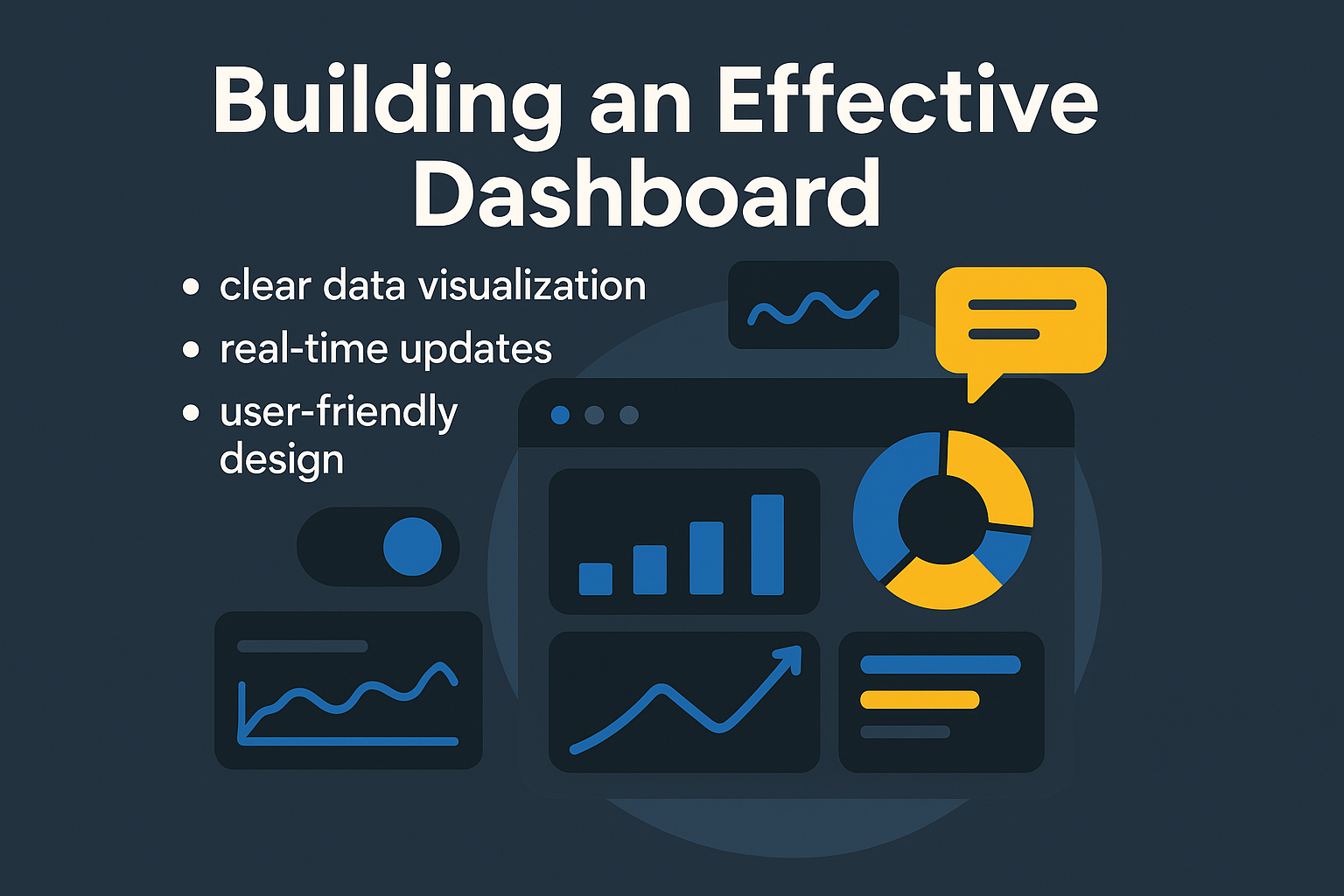Schedule a Demo
In my experience working closely with CTOs across various industries, I've noticed a significant shift in how they approach vendor selection for logistics and supply chain management. The landscape is crowded, with numerous software solutions vying for attention. CTOs start by mapping out the ecosystem, understanding which vendors specialize in areas like warehouse management, transportation management, or end-to-end supply chain visibility. This initial step helps in narrowing down the field to those who can truly meet their specific needs.
CTOs are increasingly turning to technology to streamline their vendor selection process. Tools like AI-driven analytics and machine learning algorithms are used to evaluate vendor performance metrics, predict future needs, and assess how well a vendor's solution integrates with existing systems. For instance, I've seen CTOs use these tools to simulate how different logistics software would perform under various scenarios, helping them make data-driven decisions.
One key criterion for CTOs is the ability of a vendor's solution to be customized and scaled according to their business's unique requirements. In my discussions with CTOs, they often emphasize the need for software that can grow with their company. They look for vendors who not only understand their current operations but also have a vision for how their solutions can adapt to future growth and changes in the market.
Support and expertise are crucial elements CTOs consider when selecting a vendor. They need to know that they can rely on the vendor for ongoing support, updates, and troubleshooting. I've seen CTOs prioritize vendors who offer comprehensive training programs and have a track record of responsive customer service. Moreover, the expertise of the vendor's team in logistics and supply chain management is a significant factor, as it ensures that the solutions provided are not just theoretical but grounded in practical industry knowledge.
CTOs often rely on case studies and references to gauge the effectiveness of a vendor's solution. By examining how similar companies have benefited from a particular software, CTOs can better predict its impact on their own operations. I've found that they appreciate vendors who can provide detailed case studies, showing not just success stories but also how they've overcome challenges. This transparency builds trust and helps CTOs feel more confident in their vendor selection.
Security and compliance are non-negotiable for CTOs when choosing logistics and supply chain vendors. They need assurance that the vendor's solution adheres to industry standards and regulations. In my interactions, CTOs have stressed the importance of vendors having robust security measures in place, such as data encryption and regular security audits. They also look for vendors who can demonstrate compliance with regulations like GDPR or HIPAA, depending on their industry.
Cost is always a factor, but CTOs are particularly focused on understanding the return on investment (ROI) of a vendor's solution. They calculate not just the initial cost but also the long-term value, including potential savings in operational efficiency and increased revenue. I've observed CTOs using detailed financial models to assess how different vendors' solutions stack up in terms of ROI, ensuring that their investment in logistics and supply chain software is justified.
Staying abreast of industry trends is another strategy CTOs employ when selecting vendors. They look for solutions that align with emerging trends like IoT integration, blockchain for supply chain transparency, and sustainability initiatives. I've seen CTOs who prioritize vendors that not only keep up with these trends but are also at the forefront of innovation, ensuring their logistics and supply chain operations remain competitive.
Engagement with vendor communities can provide CTOs with valuable insights and feedback from other users. I've noticed that CTOs often participate in forums, webinars, and user groups to gather real-world experiences with different vendors' solutions. This community engagement helps them understand the strengths and weaknesses of various systems and can influence their final decision on which vendor to partner with.
The final step in the vendor selection process involves a thorough evaluation of all gathered data and insights. CTOs often conduct pilot projects or trials to test the vendor's solution in a real-world setting. Based on the results of these trials, they make their final decision. I've seen CTOs who take a collaborative approach, involving key stakeholders from various departments to ensure that the chosen vendor's solution meets the needs of the entire organization.
